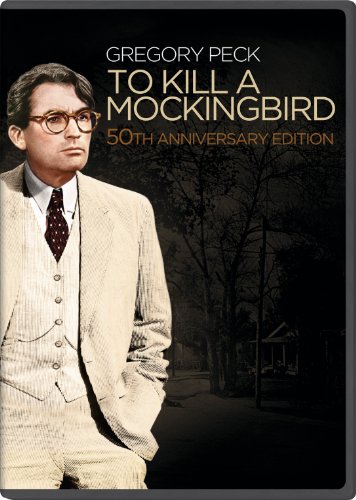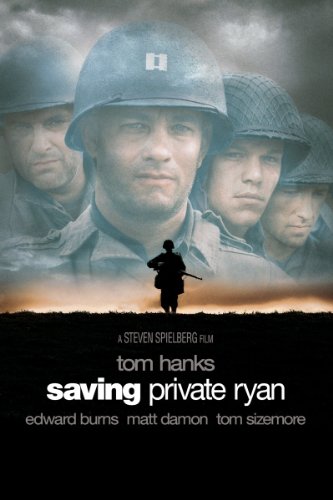This week on Film Score Friday, we listen to the score from The Good, the Bad, and the Ugly. Ennio Morricone wrote the score for this 1966 western. This film was part of the Spaghetti Western period. Morricone wrote an amazing score that is now iconic in the genre. If this is your first time with this score, you will feel like recognize it. This is because it influenced so many later works.
The composer broke ground on a number of levels with the themes he used. In other parts though, he used traditional themes to set the stage. Part of this comes when the civil war background of the film is brought to the forefront. Morricone makes this transition remarkably well. The score also makes great use of the solo trumpet style so popular during this period with westerns.
Is this score good, bad, or ugly? Let us know in the comments.
Mentioned in this Post















